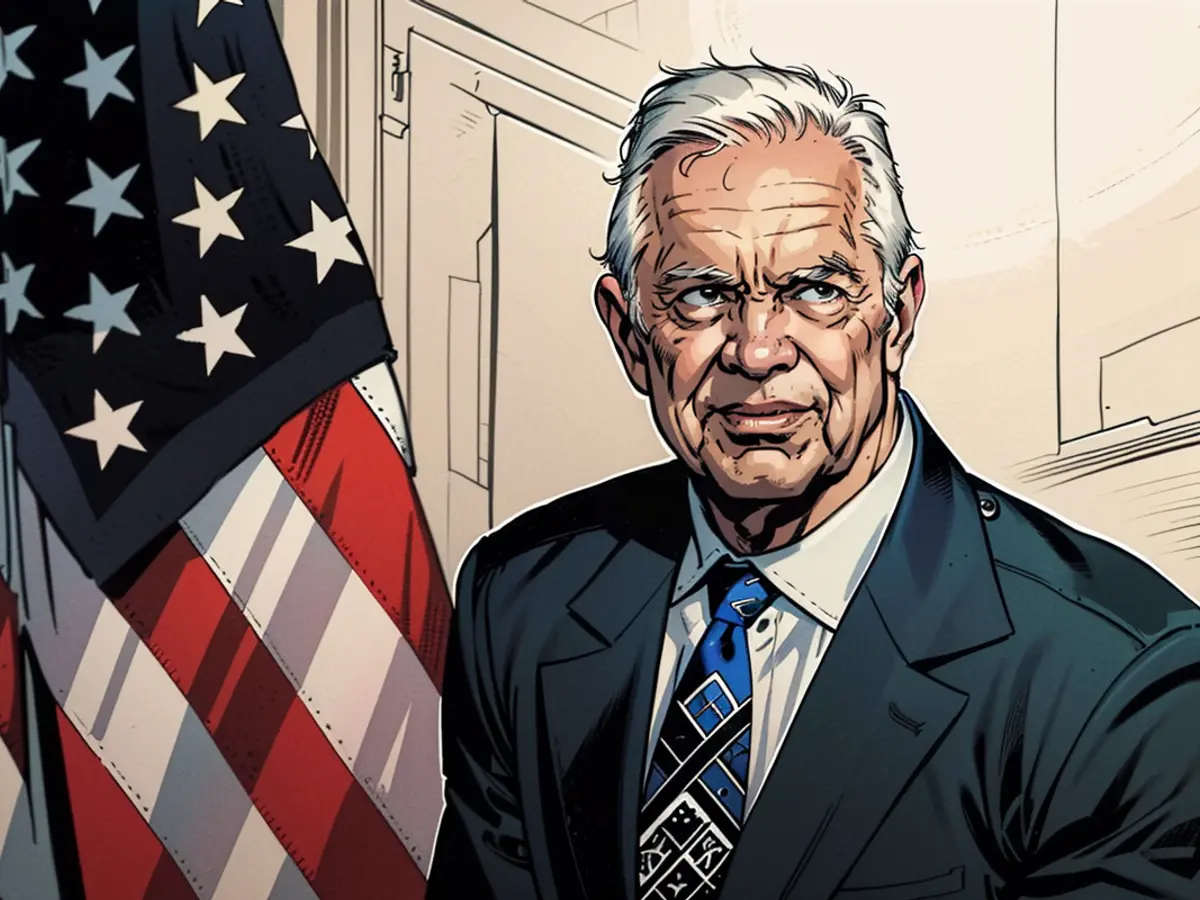Noble Laureate and Peanut Cultivator
Jimmy Carter has been subjected to ridicule for a considerable period. Serving only as the 39th U.S. President for four years, he has garnered more recognition in his post-presidency. Despite his declining health and reclusive nature, he is striving to reach a century of life. His final ambition is to vote for Kamala Harris in the upcoming U.S. presidential election on November 5th.
Jimmy Carter's health has deteriorated over time. His wife, Rosalynn, who was his companion for 77 years, passed away last year at the age of 96. The former president attended her funeral in a wheelchair, covered by a blanket. His grandson, Jason Carter, shared that his grandfather "has physically declined and can't do much on his own, but he is emotionally very engaged." Currently, Jimmy Carter is receiving hospice care in his hometown of Plains, Georgia.
Despite his health challenges, Jimmy Carter has a significant goal that keeps him motivated. According to Jason Carter, the 100-year-old man is determined to participate in the U.S. presidential election and cast his vote for the Democratic candidate, Kamala Harris. In fact, his grandfather has become more lively recently and is interested in the situation in the Gaza Strip, as Jason revealed to the "Atlanta Journal-Constitution." The award of the Ambassador Richard C. Holbrooke Distinguished Achievement Award for his lifetime achievements by the Dayton Literary Peace Prize Foundation in Ohio might have also boosted his spirits.
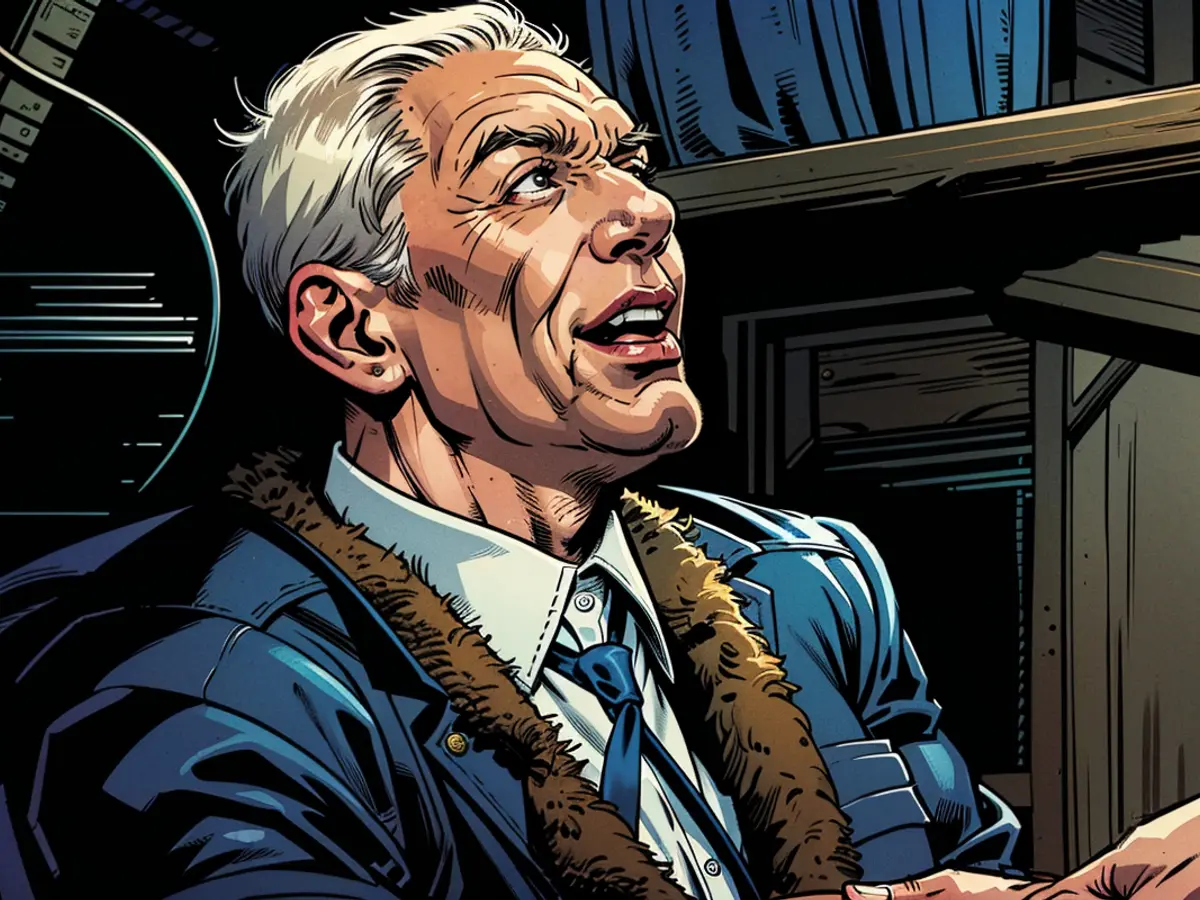
Jimmy Carter's political career was marked by victories and defeats. His heaviest defeat was in the 1980 presidential election, where he lost to Ronald Reagan. Although not unexpected, the election result was crushing. Carter won only six states – including Washington D.C. – and received only 49 electoral votes, while Reagan got 489. Carter and his vice president, Walter Mondale, were ousted from the White House, and Reagan's entry was a triumphant march. Carter's term only lasted four years. Reagan led the superpower until 1989.
In hindsight, critics labeled Carter's four-year presidency as unfortunate. The peanut farmer from Plains was often perceived as someone who was unable to handle the presidency.
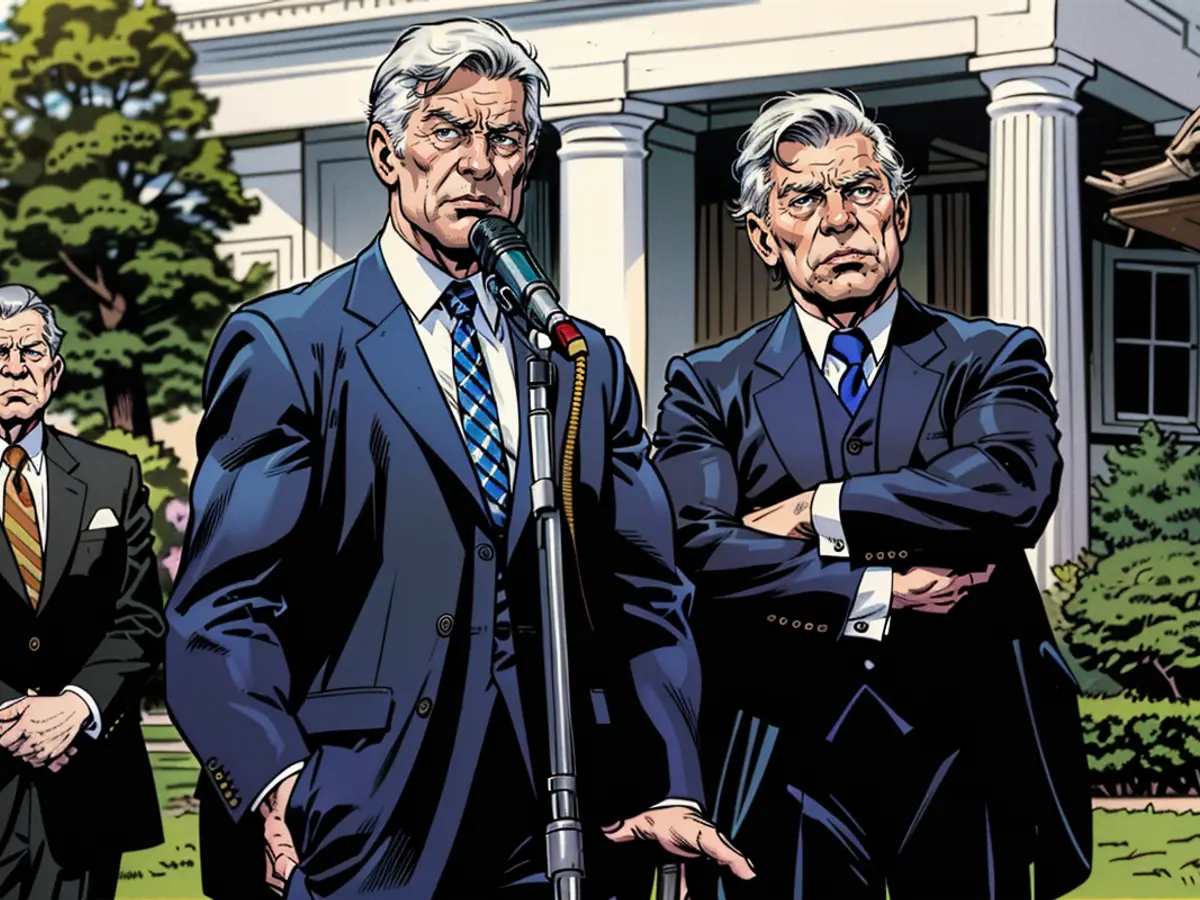
Even Chancellor Helmut Schmidt considered Carter naive in foreign policy. The conflict between the two leaders began as early as the summer of 1977, when Carter had been in office for only a few months. The controversy revolved around the proposed American neutron bomb, a nuclear weapon designed to destroy life while causing minimal damage to buildings and infrastructure. This weapon was highly controversial in West Germany. For the SPD leader Egon Bahr, it was the "symbol of the perversion of human thinking." After much hesitation, Schmidt gave his approval for the inclusion of the neutron bomb in the NATO arsenal in April 1978. However, Carter soon canceled the production of the neutron bomb, which left Schmidt fuming. Their relationship remained strained.
High hopes were placed in Bonn for the dynamic politician who sought to establish a new foundation for US politics following the Vietnam disaster. Similarly, there was positive anticipation in the United States for the man from Georgia, who had not been tainted by the Washington political machine. In fact, outside of his home state, Carter, who served as governor for five years, was largely unknown.
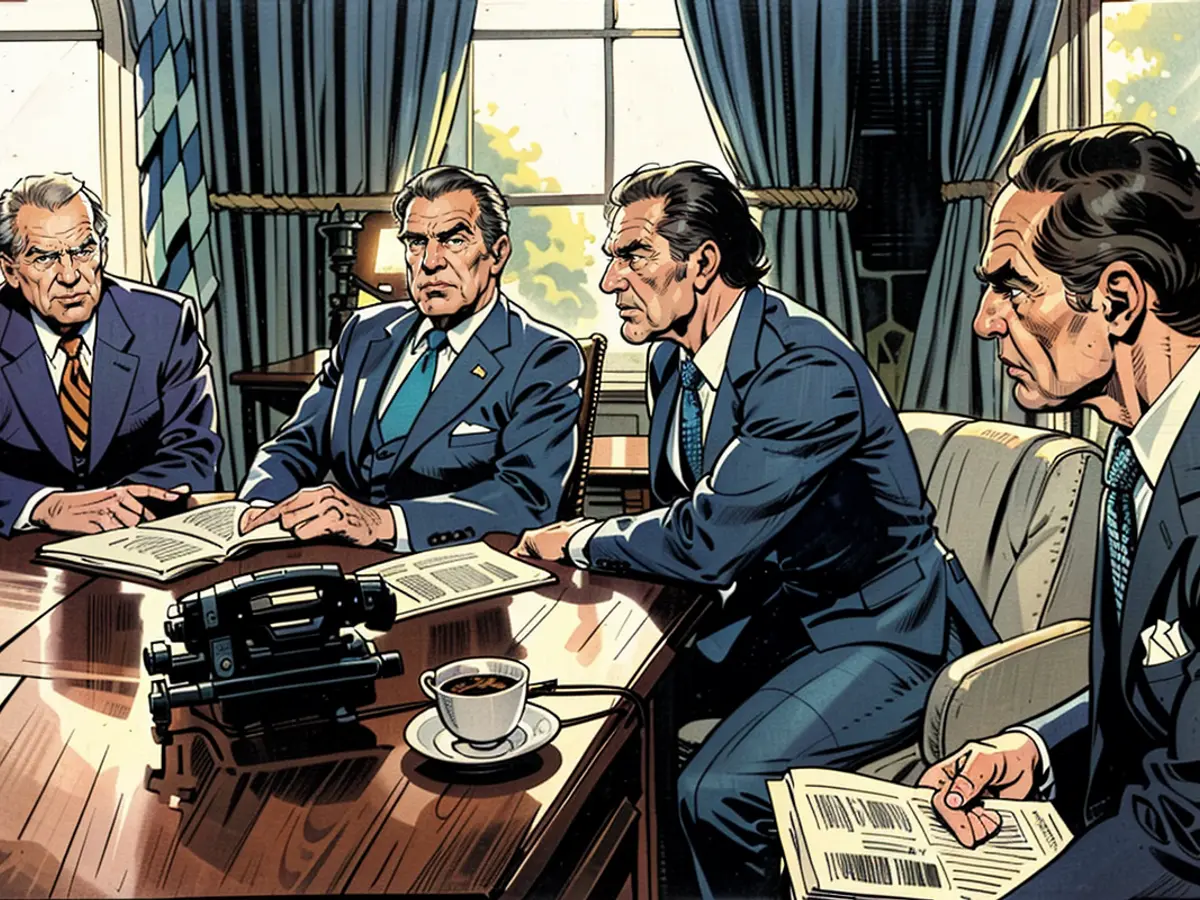
However, following the Watergate scandal involving President Richard Nixon, many people were distrustful of the Washington establishment and were open to voting for an unknown outsider, especially one who promised to clean up the US capital. Watergate doomed Carter's predecessor, Gerald Ford, despite his own lack of involvement in Nixon's criminal activities. Nixon's pardon by Ford was deeply unpopular and contributed to Ford's election loss. In this context, Carter's lack of political prominence was an advantage.
Carter exploited this in his 1976 campaign against Ford, playing up his anonymity: "I'm Jimmy Carter, and I'd like to be your president," he would begin his campaign events. His detailed proposals for reorganizing the federal government and administrative structures resonated with voters, not just Democrats. Carter had already shown his reformist credentials as governor of Georgia, where he worked to dismantle racial segregation.
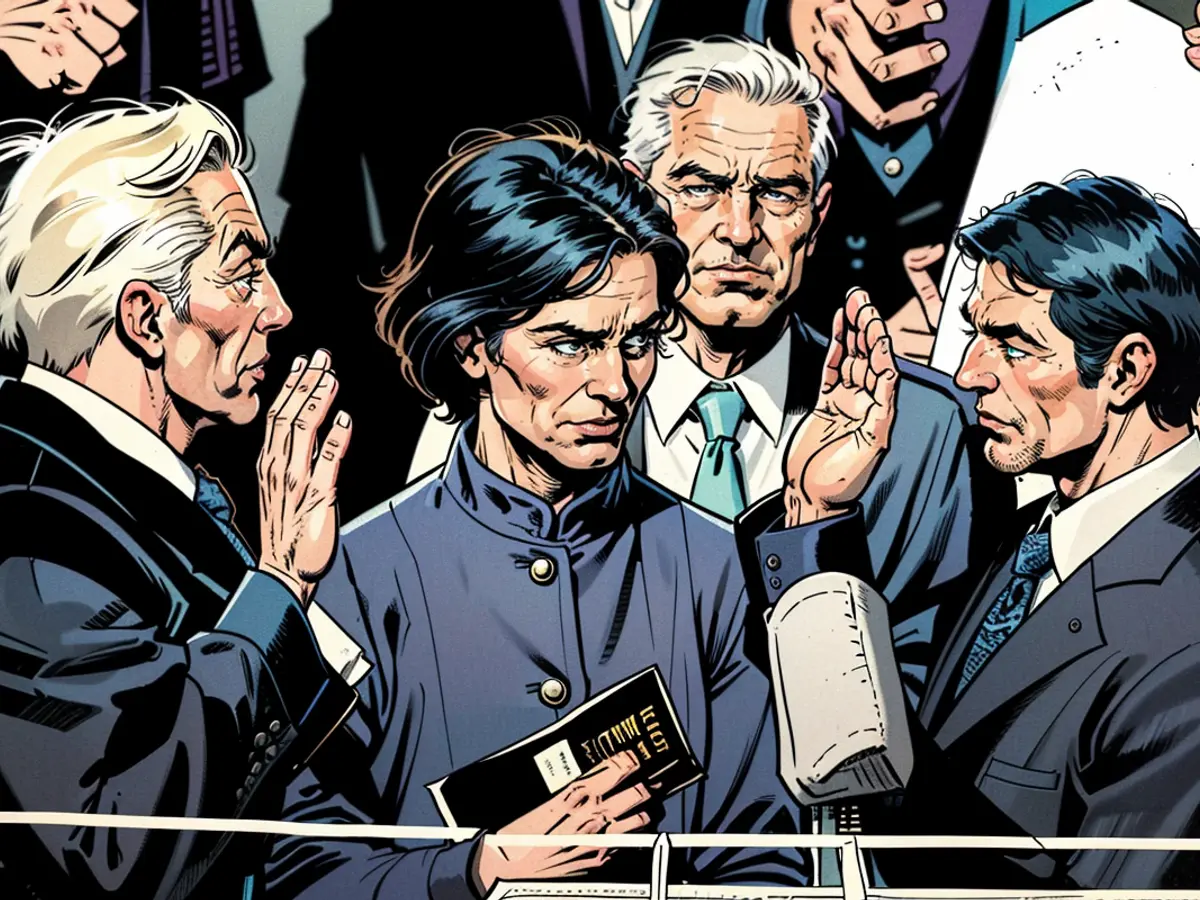
Carter's presidency, however, was lackluster, partly due to external factors. Initially, he made progress in foreign policy, brokering a separate peace treaty between Egyptian President Anwar Sadat and Israeli Prime Minister Menachem Begin in Camp David in 1978, the first for the Middle East. Negotiations on arms control with the Soviet Union were also advancing, and he signed the SALT-II treaty with Soviet leader Leonid Brezhnev in 1979, although it was not ratified by the US Senate.
However, Carter's foreign policy star was already waning as détente between the superpowers came to an end. The Cold War intensified when Brezhnev sent troops to Afghanistan in late 1979, leading the US to boycott the 1980 Moscow Olympics. During Carter's presidency, the arms race was escalating. German Chancellor Helmut Schmidt pressed Carter to address the strategic imbalance of nuclear intermediate-range missiles in Europe caused by Soviet SS-20s, leading to the eventual deployment of US missiles under Reagan. Their discussions were reportedly heated, with Carter accusing Schmidt of double-dealing with the Soviet Union.
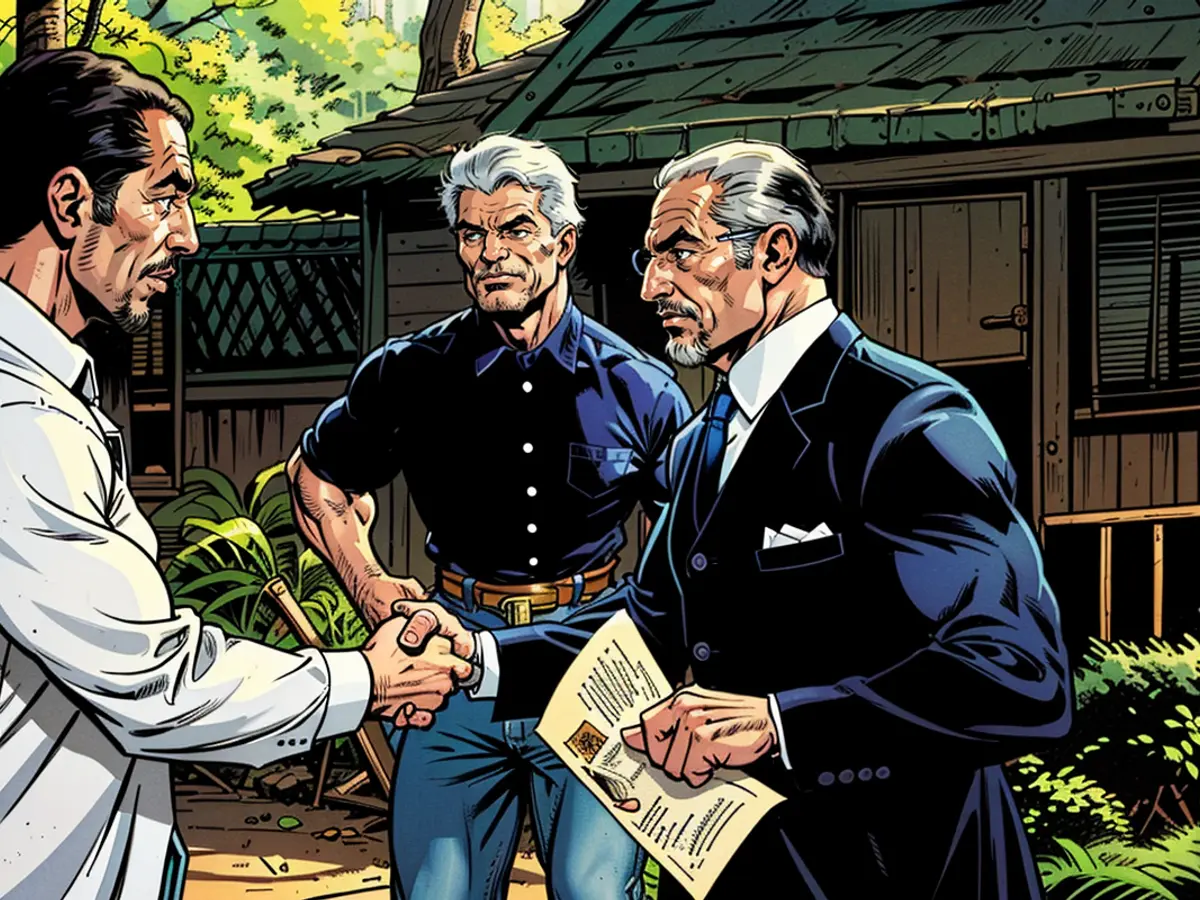
Carter's presidency was also marked by the Iran hostage crisis, which began in November 1979 and lasted for 444 days, significantly damaging his reputation and contributing to his election loss in 1980.
1979 was a rough year for the President. The United States was grappling with an economic recession, and unemployment was skyrocketing. On top of that, the occurrences in Iran, culminating in Shah Mohammad Reza Pahlavi's overthrow and Ayatollah Khomeini's rise to power, significantly impacted his presidency. Initially, Carter, who wasn't a fan of the Shah, didn't have issues with the Islamic Revolution. However, when radical Iranian students stormed the U.S. embassy in Tehran in November 1979 and took several hostages, the President found himself in a political predicament. A rescue mission was an absolute flop. By this point, it was evident that Carter had little chance of re-election against the charismatic Reagan. The hostage crisis even came to an end just minutes after Reagan's inauguration.
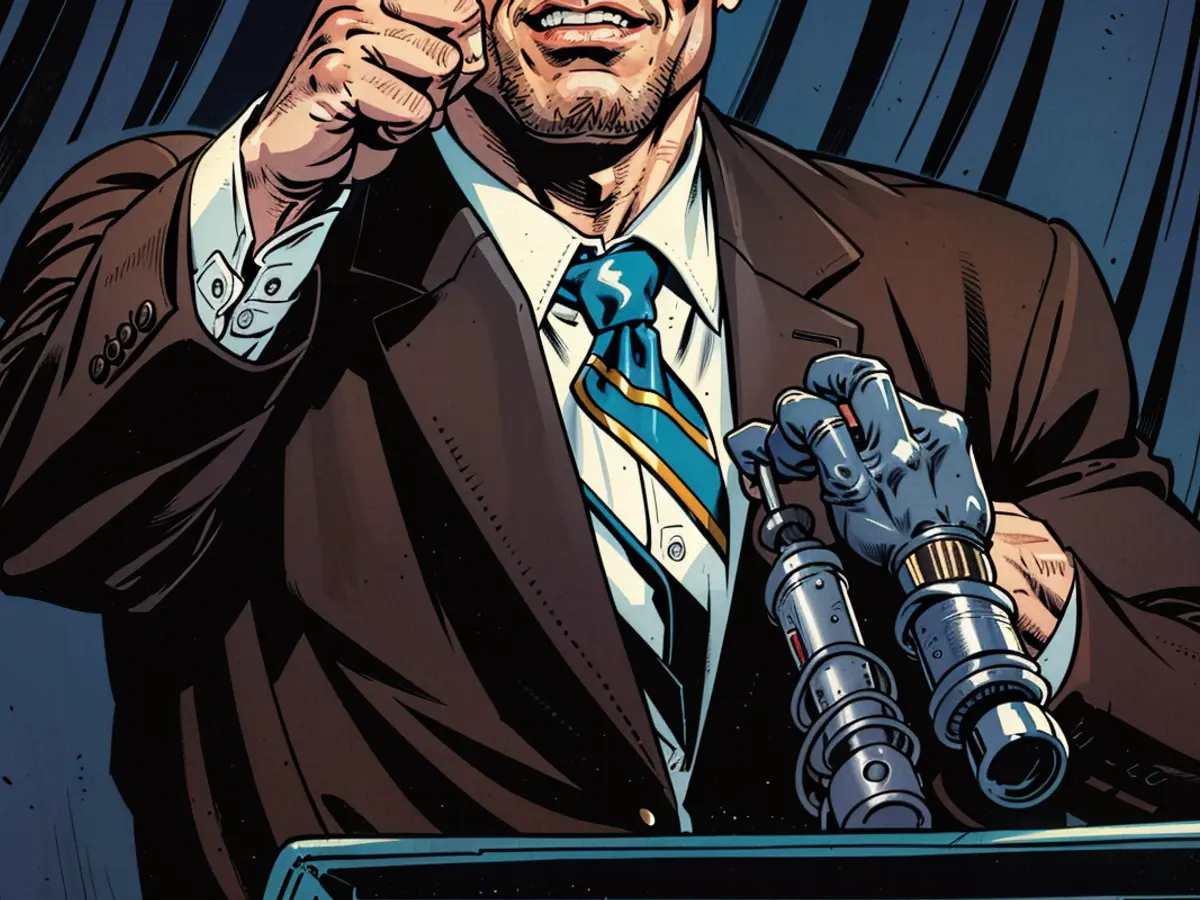
Carter's relationship with his own Democrat party was also strained. They accused him of poor or no cooperation with members of Congress from his party. In the 1980 primaries, Carter faced a challenge from Senator Edward Kennedy, JFK's brother. Carter emerged victorious, but the internal Democratic disputes aided Reagan's victory.
Despite his electoral defeat, Carter refused to back down. At 56, he still had plenty of years ahead of him. He was a devoted Baptist deacon and had a lifelong passion for human rights. He established the Carter Center for Human Rights and mediated international conflicts, such as those in Haiti and Bosnia in 1994, and in Cuba in 2002. In 2010, he successfully negotiated the release of American citizen Aijalon Mahli Gomes from North Korea. Carter's most significant political achievement was the 2002 Nobel Peace Prize, awarded for his mediation efforts and human rights advocacy.
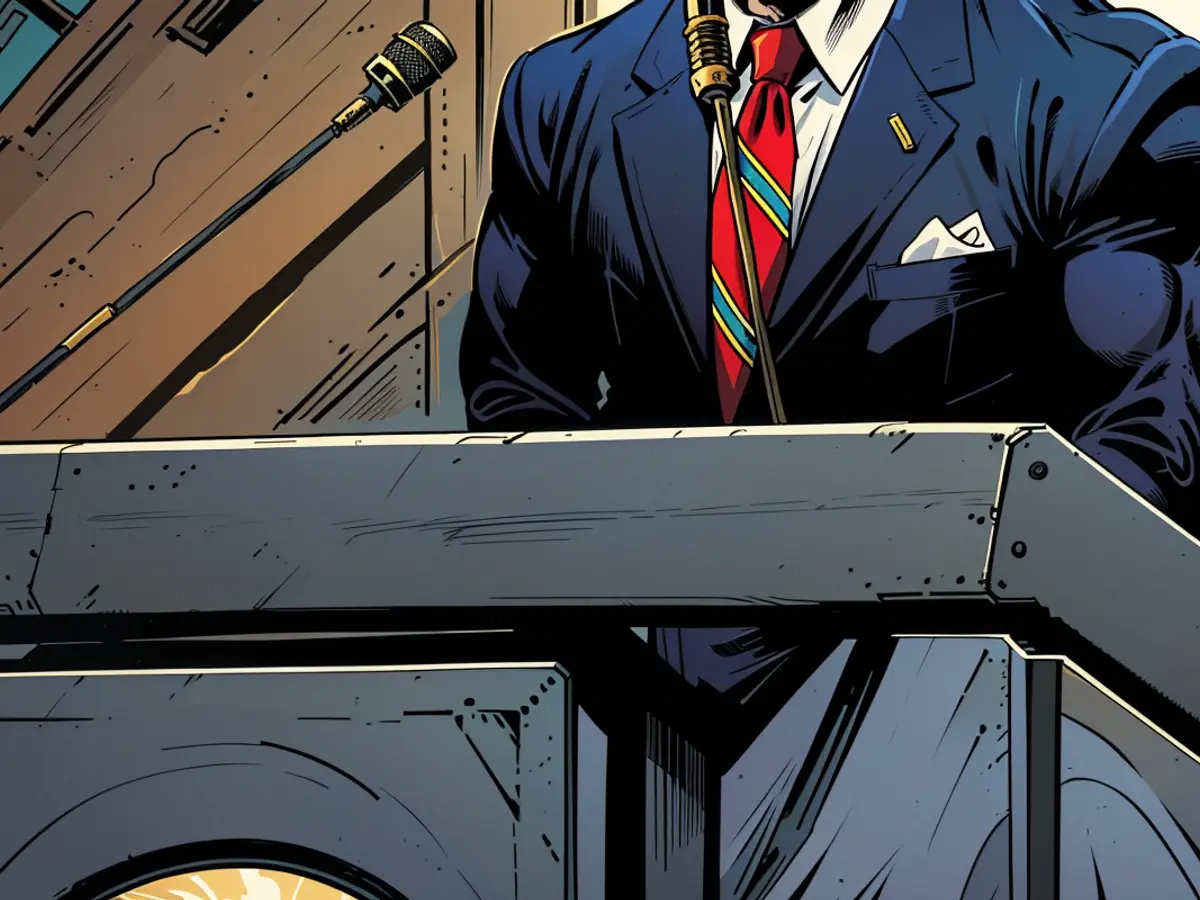
Even in his later years, Carter remained vocal. In 2004, he criticized President George W. Bush and British Prime Minister Tony Blair over the Iraq War. He pointed the finger at Israel for the ongoing Palestinian conflict. And when Egypt under General Abdel Fattah al-Sisi began to drift towards authoritarianism, the Carter Center shut down its Cairo office.
Both supporters and critics agree that Carter gained significant respect post-presidency. Transforming from a failed president, he became a respected former president.
Jimmy Carter's humanitarian work continued beyond his presidency. In 2010, he successfully negotiated the release of American citizen Aijalon Mahli Gomes from North Korea. patronizingly labeled as the "hermit kingdom," showcasing his ability to influence international relations even after leaving office.
Despite the political turmoil and criticisms faced during his presidency, Jimmy Carter's post-presidential endeavors, including his involvement in addressing the situation in North Korea, led to a significant improvement in his public image and recognition.
